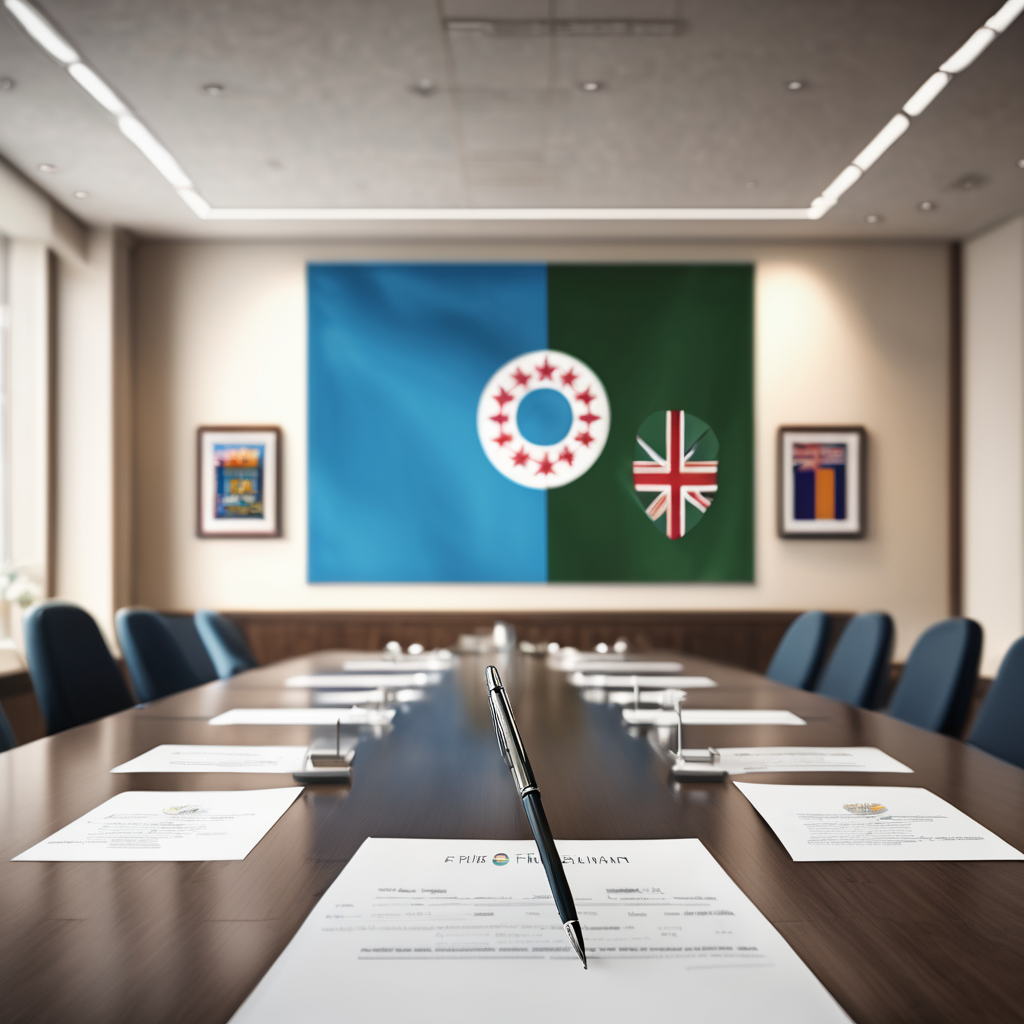Fiji Prime Minister Sitiveni Rabuka reiterated the nation’s commitment to enhancing health and well-being throughout the Pacific during the commencement of the 76th World Health Organization (WHO) Regional Committee Meeting for the Western Pacific in Nadi. This week-long event brings together senior health officials from 38 member states, a significant rise from the 17 members present when Fiji last hosted this important gathering in 1984.
In his address, Prime Minister Rabuka highlighted the health challenges confronting the region, including non-communicable diseases (NCDs), mental health issues, HIV, substance abuse, and the intensified burden of mental health problems exacerbated by COVID-19 and climate-related disasters. He noted that NCDs contribute to over 80% of deaths in Fiji, severely impeding social development, and emphasized that mental health issues often go unrecognized, leaving many young individuals susceptible to trauma and substance misuse.
To tackle these pressing health challenges, Fiji has implemented various proactive strategies, such as enacting legislation to limit unhealthy food marketing, establishing healthy school policies, and enhancing mental health services through decentralized care and training initiatives. Despite these efforts, Rabuka acknowledged the persistent barriers, including stigma, insufficient funding, and gaps in data.
The Prime Minister also called for enhanced international financial support to assist Small Island Developing States (SIDS) in managing the escalating costs associated with NCDs and mental health care, stressing that these challenges are further exacerbated by climate change and geographical isolation. He connected Fiji’s concept of an “Ocean of Peace” to health advancements, asserting that peaceful communities lead to healthier societies and that compassionate leadership promotes equitable health systems.
Reaffirming Fiji’s advocacy at the recent United Nations General Assembly, Rabuka underscored the nation’s dedication to universal health coverage, pandemic preparedness, and climate-resilient health systems, in alignment with the 2050 Strategy for the Blue Pacific Continent. He stated, “Healthy people drive economic growth; healthy communities build resilience; and healthy systems protect us from future crises.”
The Prime Minister encouraged participants to view the meeting as an opportunity to reflect, reset, and reimagine their collective future, expressing hope that discussions would center on wisdom, unity, and purpose, thereby laying the groundwork for a healthier Western Pacific.
Dr. Saia Ma’u Piukala, the WHO Regional Director, stressed the importance of solidarity and compassion in health initiatives across the region. This assembly is particularly significant as it marks the first time the Pacific has hosted the event in over a decade, underscoring the region’s integral role in global health discussions.
This meeting embodies a vital opportunity for collaborative action among member states to address urgent health challenges, which instills hope for transformative health initiatives and resilience within Pacific communities. The spirit of open dialogue aims to steer participants toward practical solutions that prioritize the health and well-being of the region’s populations.
